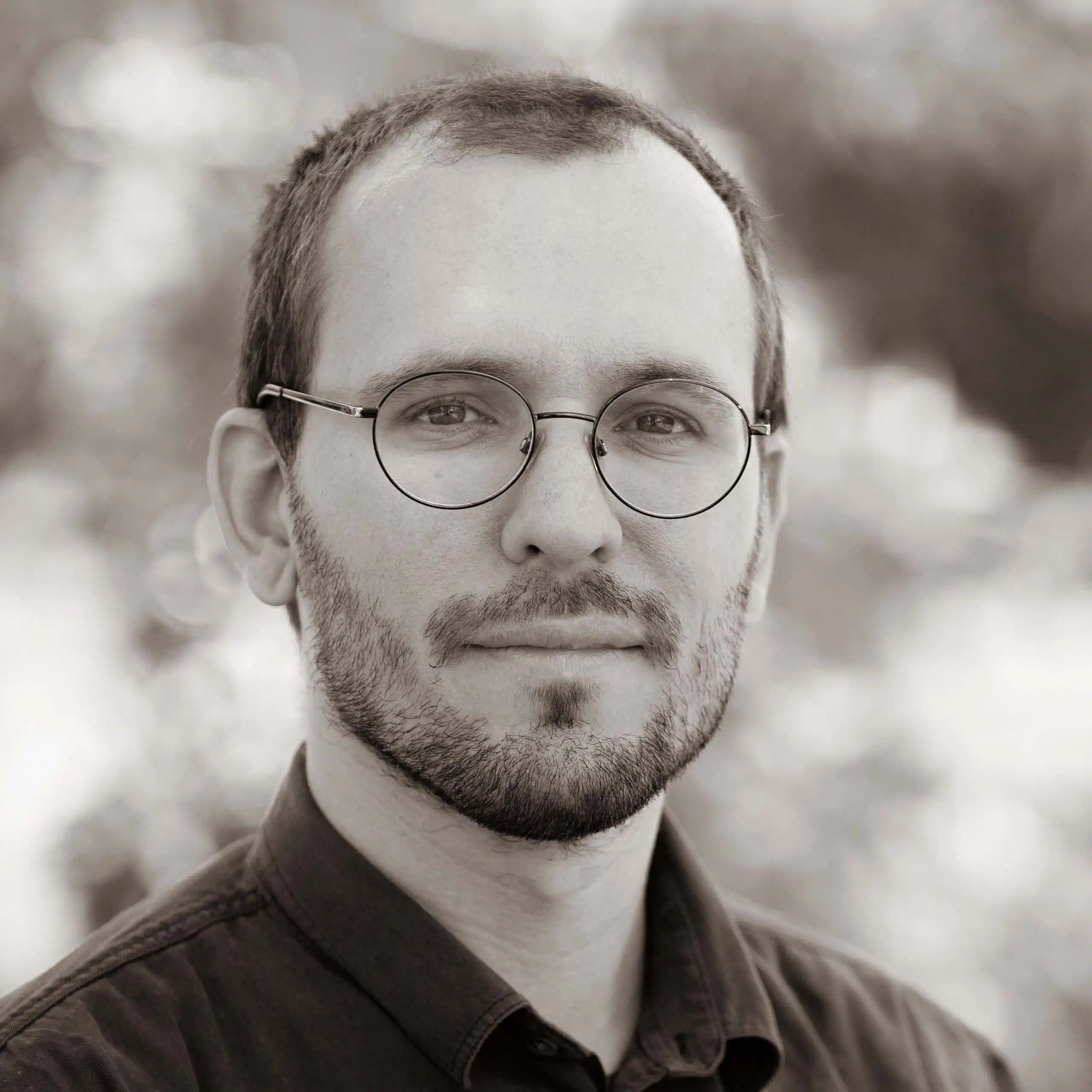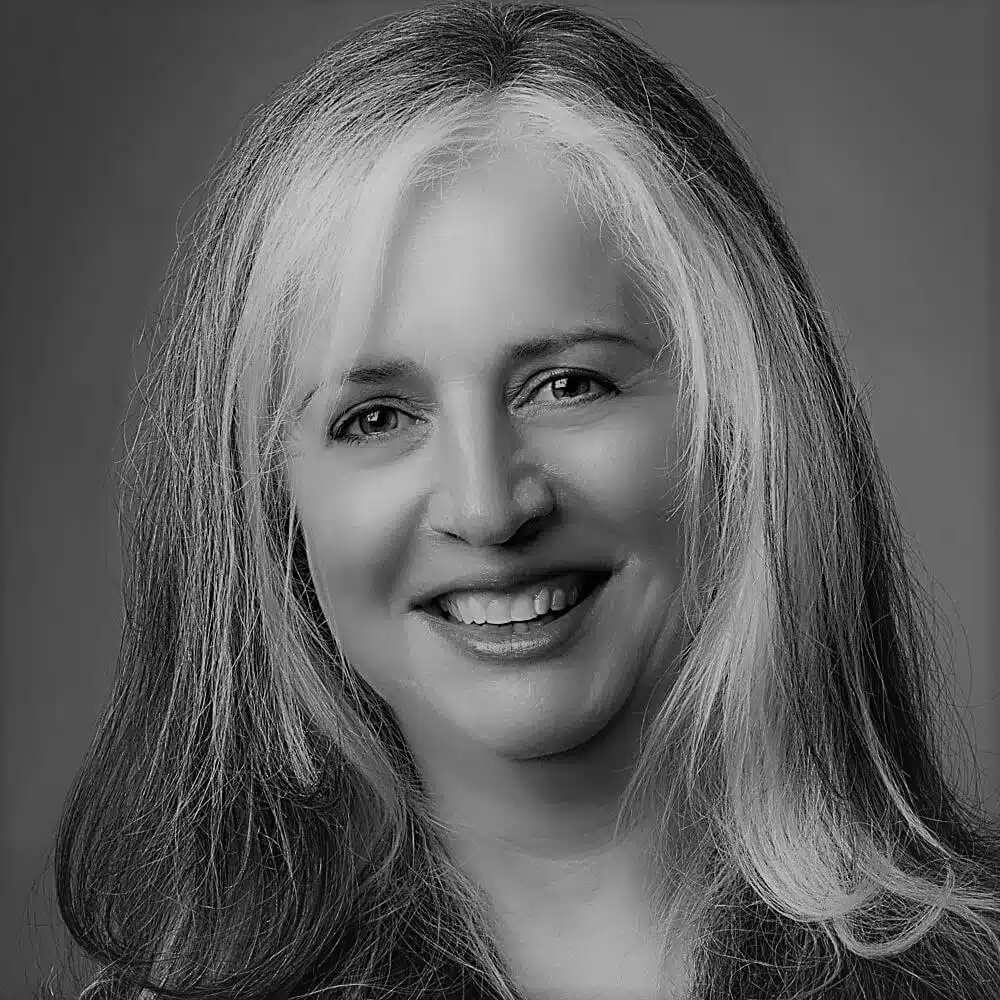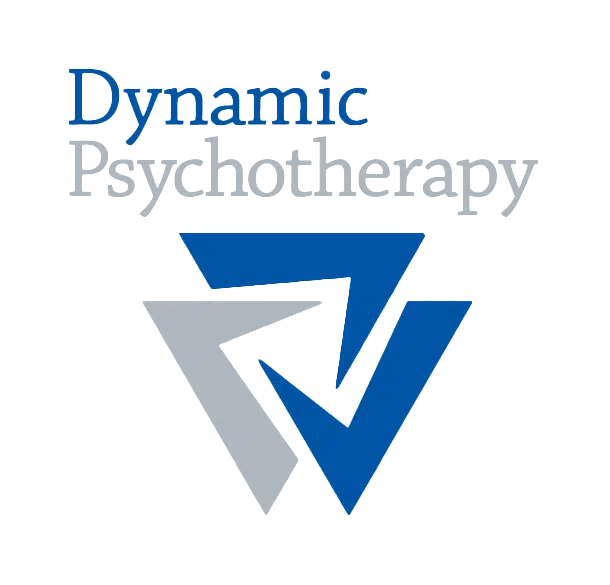What is Psychotherapy?
Psychotherapy is more than just talking about your problems. It is a structured approach to understanding suffering and how to not only alleviate your current distress but also to change your emotional patterns. This change can help you deal with emotions better and improve your relationships with yourself and others.
People exist within relationships; relationships with themselves, relationships with others, and relationships with the images of those from their past. Psychotherapy explores the development and enactment of relationship patterns. There is an emphasis of personal empowerment and transformation with insight into these ways of relating. It is an approach that can be refined to the specific personality and needs of the individual.
At Dynamic Psychotherapy, we offer various methods, including psychodynamic and interpersonal psychotherapies, to help you address emotional problems and achieve optimal functioning in your life and relationships. These methods dive deep into your emotional struggles to find long-lasting solutions.
Why Choose Psychotherapy?
Psychotherapy is a tailored approach to your mental health that can help you resolve past traumas, reduce anxiety, manage stress, improve your mood, and improve your relationships. It’s not a one-size-fits-all solution, but rather a tailored unique approach that depends on your individual needs to your mental health.
The goals of psychotherapy are to reduce emotional distress and enhance your psychological functioning, enabling you to choose healthy and satisfying relationships. You are helped to develop the emotional resources to effectively manage conflict and stress. An important aim of psychotherapy is to enable you to have a fulfilling life lived in an authentic way.
As a psychologist at university I learned how to diagnose and apply labels according to symptoms. However, a diagnosis and a cluster of symptoms does not say anything about the person with these symptoms. I had a desire to work more deeply with personality and ways of relating to the self and to others. I wanted to enable people to be free of their symptoms but also to achieve fundamental character change that would assist them in engaging with life and relationships differently. This desire led me to explore psychotherapy models, in search of a method of bringing about deep personality change in addition to symptom relief. A supervisor introduced me to the work of David Malan, a British psychiatrist, psychotherapist and psychoanalyst. Dr Malan had focused on deeply and effectively helping people including shortening the length of traditional psychotherapy to a short-term approach. His revolutionary approach led to a clear understanding of psychological conflict and personality, with a style of psychotherapy that included specific indications for specific interventions. It was a model that was both simple and complex. For someone schooled in cognitive behaviour therapy and traditional psychoanalytic psychotherapy, it was exciting.
Through Dr Malan’s work I found the work of Dr Habib Davanloo. The two had collaborated and Malan described Davanloo as a ‘brilliant therapist’ who was able to incorporate Malan’s ideas into an evolving model that resulted in a clear way to bring about the deep and effective change that I had been looking for.
This is what we seek to bring you at Dynamic Psychotherapy; Intensive Short Term Dynamic Psychotherapy (ISTDP) – a model of psychotherapy and change that is wide reaching and holistic, with specific foci and interventions, that aims to transform character in addition to alleviating symptoms.
At Dynamic Psychotherapy, we have a strong focus on ISTDP but also offer other types of psychotherapy. All of our therapists have at least basic training in ISTDP while some are trained at a high level. Some therapists are also highly experienced in other forms of psychotherapy.
Types of Psychotherapy
Psychodynamic Therapy
Psychodynamic therapy focuses on unconscious processes. It aims to bring these hidden feelings and thoughts to the surface so they can be understood and worked through in a way that gives you free access to emotions, without anxiety. This therapy can be intense, but it offers deep insights into your emotional and relational patterns. In this way it helps resolve conflicts not only in the present, but at their source, addressing early attachment trauma.
Intensive Short Term Dynamic Psychotherapy
Intensive Short Term Dynamic Psychotherapy, known as ISTDP, is an accelerated version of traditional psychodynamic, or psychoanalytic, psychotherapy. It is active and focused, and it seeks to rapidly enable you to break through resistance to facing feelings and conflicts. It is the focus and the techniques for dealing with resistance that particularly distinguish it from longer-term psychotherapy.
Interpersonal Psychotherapy
Interpersonal Psychotherapy (IPT) is a time-limited (12-16 sessions) approach that deals with your relationships and social interactions. It aims to improve your interpersonal functioning, including improving communications skills, increasing social supports, and developing better relationships, as a means of relieving symptoms, working from the theory that symptoms are a response to difficulties in everyday interpersonal relationships. Interpersonal Psychotherapy helps you understand how your relationships impact your mental health. This therapy is short-term but aims to have long-lasting benefits.
Finding the Right Psychotherapist
Searching online for a “psychotherapist near me” is the first step. But it’s crucial to find someone you can trust and who works from a specific theory of psychological suffering with empirically validated interventions to facilitate positive change in symptoms and interpersonal functioning. An effective psychotherapist will be able to provide you with understanding as to why you suffer and the plan to achieve deep and stable relief from emotional distress.
It is important that you have confidence that your therapist can understand you and help you, even if the process takes some time to enable you fully achieve your goals.
At Dynamic Psychotherapy, our team of experts, led by me, Julie Cochrane, offers a safe space for your therapeutic journey. We seek to understand specifically what you are seeking from therapy, and to match you with a therapist who is mostly likely to meet your needs. We’ve written a comprehensive guide on finding the right psychologist for your needs,
Why Dynamic Psychotherapy?
Dynamic Psychotherapy’s evidence-based approach and years of experience stand out. Our senior clinical psychologists not only offer therapy but also add to a culture of learning and nurturing development at our practice. This means that even our newer psychologists quickly develop skills in tailoring therapy to the individual, developing effective interventions, and building the capacity to bring about deep and effective change.
At Dynamic Psychotherapy, we continually refine our therapies through empirical research, ensuring you receive the most effective treatment. Our whole team undertakes ongoing professional development beyond the basic professional development required within our profession. We do this because we are deeply committed to helping people achieve both symptom relief and lasting and quality change in relationships.
Our practice offers both online and in-person sessions for your convenience.
What we want is for you to have a very positive experience as you address the psychological issues and difficulties that prevent you from living your optimal and authentic life.
FAQs
1. What is the difference between a psychologist and a psychotherapist?
A psychologist holds a degree in psychology, which means they have a minimum of five to seven years of university education (in Australia), and can work in various mental health, research, academic, or organisational settings. It’s important to note that not all psychologists provide psychotherapy services.
On the other hand, a psychotherapist, while possibly having a background in psychology, specialises in psychotherapy and may have received training in a field other than psychology. This additional training can include specific psychotherapy courses distinct from formal university psychology training. Psychotherapists may come from diverse professional backgrounds, such as social work or other mental health fields, and gone on to undertake specialised psychotherapy training.
2. How long does psychotherapy usually last?
The duration of psychotherapy varies depending on your needs. Some people benefit from short-term therapy, while others may require a longer-term approach. With ISTDP, many people experience benefit and enormous insight from one or two extended sessions, which includes quickly and successfully addressing a specific issue. Generally, however, you need further sessions to achieve ongoing and stable changes in a range of emotions and relational patterns.
3. Is psychotherapy covered by insurance?
Private health insurers offer options for cover for psychology. It is essential to check with your insurance company to understand your benefits. Most therapists at Dynamic Psychotherapy are psychologists or social workers who provide sessions that receive a Medicare rebate if you have the relevant referral from your GP. Learn more about GP referrals.
4. Can I do psychotherapy online?
Yes. Dynamic Psychotherapy provides the option of remote treatment through online sessions, whether it is due to your location, or schedule, if you prefer online therapy, we can accommodate that preference. Some people like to have a combination of some sessions being online therapy and some sessions being ‘in person’ therapy.
We offer online ISTDP therapy as part of our services at Dynamic Psychotherapy.
Conclusion
Psychotherapy is a valuable way of improving your emotional functioning and relationships and thus your overall mental health. With various types of psychotherapy available, it is essential to find the one that best suits your needs. At Dynamic Psychotherapy, we are committed to providing personalised, effective treatments, that aim for long-term benefits and deep effective change.
Our Psychologists and Therapists
Here at Dynamic Psychotherapy, we have a professional, caring team of Clinical Psychologists, Psychologists, Counsellors and Therapists ready to help you.

Chris Bolton
Clinical Psychologist

Julie Cochrane
Clinical Psychologist

Moulya Ramesh Kumar
Clinical Psychologist
Click the button below to view all of our team.
Request an Appointment
Ready to book now? Use our secure Intake form, and we will get back to you within one business day.

